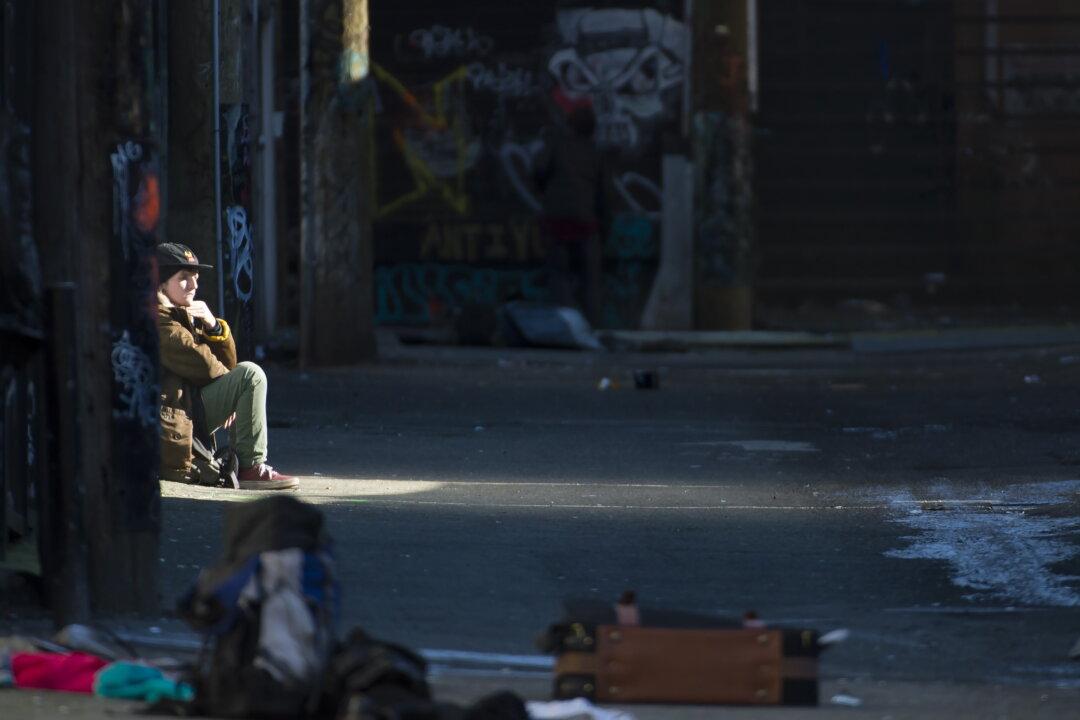In the first three months of 2023, almost 600 people have died in British Columbia, an average of 6.4 per day, due to drug overdoses, according to the province’s coroner.
In a news release on April 18, the BC Coroners Service said the province is losing lives in “record numbers,” attributing this to a “toxic, unregulated drug supply.”





